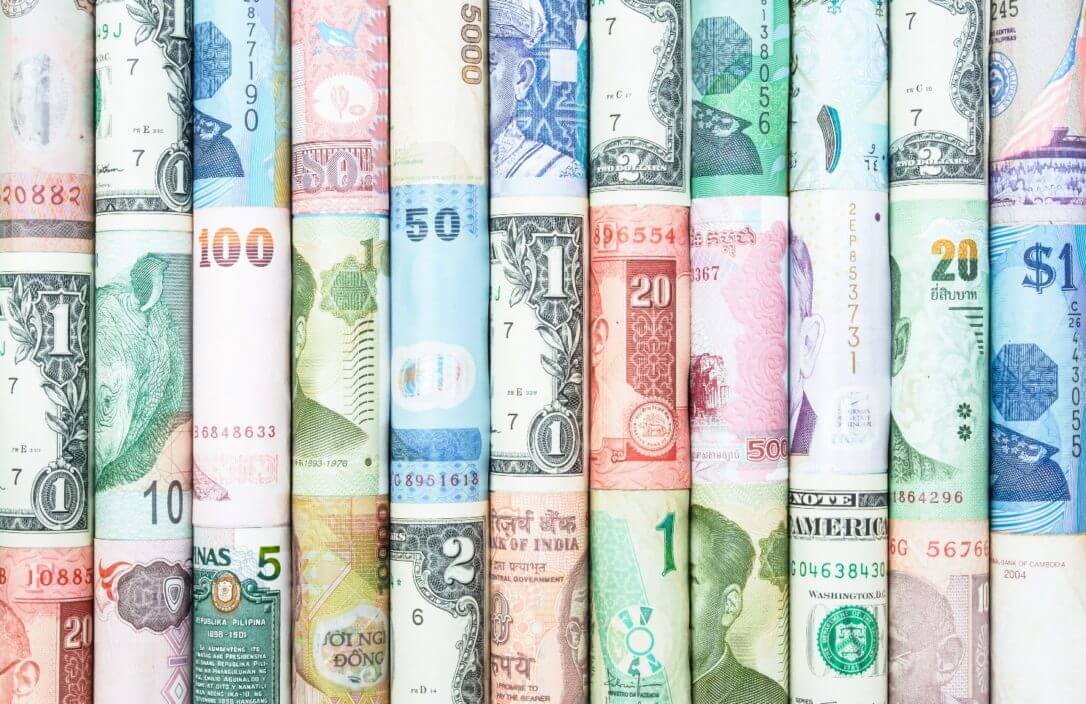Although the name of a currency is less important than its real value, the stories about the origin of the following currencies are really interesting and fun, so it’s a good idea to expand our knowledge about fiat currencies today.
Pound sterling
The British pound was created about a thousand years ago. During the time, the first states on the territory of today’s Great Britain were just forming. Because of this, it is often considered the world’s oldest fiat currency.
It’s name might come from the Old English word “steorra,” which means “star.” The Normans, who inhabited the British Isles then, added the diminutive “ling” to this word to create the name “little star.”
The Saxon kingdom put its money into circulation, and the first series had a pound of silver. A pound is an Anglo-Saxon unit of weight, and that’s how the current British fiat currency got its name from the combination of these two words.
USD
The dollar became the official currency in the USA in 1792. The origin of its name is quite complicated. Money minted over the centuries in the central and western parts of Europe bore the names “thaler,” “daler,” and “dalar.” A variant of that name was also “received” in the Netherlands, and one Dutch coin named “gleeuwendaler” was lighter than the others and, therefore, very popular. At some point, that coin reached New Amsterdam, i.e., today’s New York, and made its home “across the pond.”
Yen
The Japanese national currency owes its name to the word “en,” which means circle in Japanese.
Foreigners visiting Japan during the 19th century mispronounced this word as “yen,” and the new name was “sealed” by the American missionary James Curtis Hepburn, who entered this word as “yen” in his Japanese-English dictionary. And so it remained.
Frank
In the past, the franc was the official currency of France, and today this is the case in Switzerland.
From the 14th to the 17th century, various currencies on the territory of France bore the name franc. Hence, it became popular as a general name for money. By the way, the word comes from the German language and means, roughly translated, “free money.”











